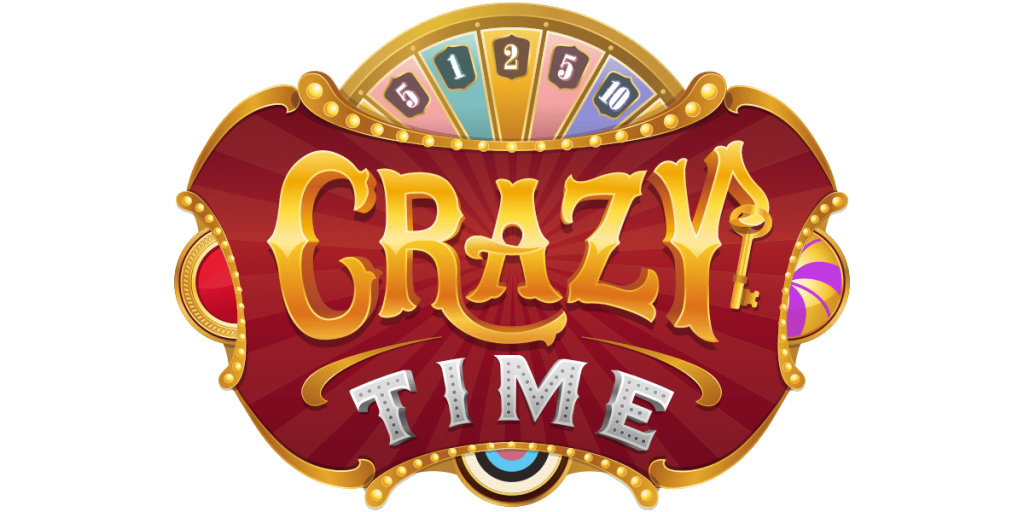Casino License: Entering the casino business can be highly profitable—but it’s also tightly regulated. One of the most important and legally binding steps in launching a gambling operation is obtaining a casino license.
Casino License: Whether you’re planning to operate a land-based casino, an online gambling platform, or a hybrid model, you must comply with local, regional, and international gambling laws.
Casino License: This article will guide you step-by-step through the process of obtaining a casino license, including jurisdiction selection, application, financial considerations, and regulatory compliance.
📍Casino License: What is a Casino License?
A casino license is an official document or certification issued by a government or regulatory body that legally permits an individual or business to operate gambling services.
Licensing ensures:
- Legal operation within a region.
- Compliance with anti-money laundering (AML) and responsible gambling policies.
- Protection of players’ rights.
- Tax collection and financial transparency.
🧭 Step-by-Step Process to Get a Casino License
Step 1: Choose the Right Jurisdiction
Different countries (and even regions within countries) have unique gambling laws. Jurisdictions fall into three categories:
| Jurisdiction Type | Example Countries | Cost | Reputation | Processing Time |
|---|---|---|---|---|
| Tier 1 (Strict) | UK, USA, Canada | High | Very High | 6–12 months |
| Tier 2 (Moderate) | Malta, Alderney, Isle of Man | Moderate | High | 3–6 months |
| Tier 3 (Lenient) | Curacao, Costa Rica | Low | Moderate/Low | 1–3 months |
📝 Note: Choose your jurisdiction based on your business model (online/offline), budget, and target market.
Step 2: Register Your Business Entity
Before applying for a license, you must have a legal business structure, usually a Limited Liability Company (LLC) or Corporation.
| Requirement | Description |
|---|---|
| Business Name | Must be unique and not misleading. |
| Directors & Shareholders | Must be identified and cleared of criminal records. |
| Registered Office | Physical address in the licensing jurisdiction may be required. |
Step 3: Prepare Required Documentation
Each gambling authority requires extensive documentation to verify your business’s integrity and financial capacity.
| Document Type | Description |
|---|---|
| Application Form | Basic business and operational details. |
| KYC Documents | Passports, bank statements, utility bills of stakeholders. |
| Business Plan | Includes marketing, game providers, financials. |
| Software Certification | Proof that games are fair and RNG-certified. |
| Financial Statements | Audited reports to show solvency. |
| AML & Responsible Gambling Policy | Your approach to preventing addiction and fraud. |
Step 4: Submit the Application and Pay Fees
After compiling all documentation, submit it to the respective regulatory authority along with the required fees.
| Fee Type | Description | Estimated Cost (USD) |
|---|---|---|
| Application Fee | Non-refundable | $1,000 – $10,000 |
| License Fee | Upon approval | $10,000 – $500,000+ |
| Annual Renewal Fee | For maintaining status | $5,000 – $200,000 |
| Compliance Costs | Audits, legal, software | Variable |
Step 5: Compliance Checks and Background Investigations
Authorities will conduct:
- Criminal background checks on directors and investors.
- Financial due diligence to confirm legitimacy.
- Technical audits of your software and systems.
This phase can be lengthy and thorough, especially in Tier 1 jurisdictions.
Step 6: Approval and Ongoing Compliance
If your application is successful, you’ll receive the license. However, the process doesn’t stop there.
| Ongoing Obligation | Description |
|---|---|
| Monthly/Quarterly Reports | Financial and operational reporting. |
| Audits | Technical and financial audits by third parties. |
| AML Compliance | KYC procedures and suspicious activity reporting. |
| Customer Support | Effective and accessible dispute resolution mechanisms. |
🖥️ Casino Licensing for Online Casinos
Online casinos require additional regulatory compliance for digital operations:
| Online-Specific Requirement | Details |
|---|---|
| Game Server Location | Often must be hosted in the same jurisdiction. |
| Payment Gateway Approval | Must use licensed payment processors. |
| SSL Encryption | Mandatory to protect user data. |
| Game Fairness Certification | RNG testing and certification by an accredited lab. |
📌 Comparison of Popular Casino Licensing Jurisdictions
| Country/Jurisdiction | Application Cost | License Duration | Reputation | Online Casino Allowed? |
|---|---|---|---|---|
| UK (UKGC) | $30,000+ | 5 years | Excellent | ✅ |
| Malta (MGA) | $10,000–$40,000 | 5 years | Very Good | ✅ |
| Curacao | $15,000 | 1 year | Moderate | ✅ |
| Isle of Man | $35,000+ | 5 years | Excellent | ✅ |
| Costa Rica | $5,000–$15,000 | Annual | Low | ✅ (limited) |
✅ Tips for a Successful Application
- Hire Legal Experts: Gambling law is complex—professional legal assistance is recommended.
- Maintain Transparency: Disclose all shareholders and funding sources.
- Ensure Technical Readiness: Your platform must meet security and fairness standards.
- Build Strong AML Policies: Many applications fail due to weak anti-money laundering frameworks.
- Prepare for Delays: Especially in Tier 1 jurisdictions, delays are normal.
⚠️ Risks of Operating Without a License
Operating a casino without a valid license is illegal in most jurisdictions. Risks include:
- Heavy fines.
- Asset seizure.
- Imprisonment.
- Loss of customer trust.
- Inability to work with reputable payment providers.
🔚 Final Thoughts
Securing a casino license is a long, detailed, and expensive process—but it’s also a necessary foundation for building a legal and reputable gambling business.
Whether you’re going for a Curacao license for a startup online casino, or seeking a UKGC license for long-term credibility, being well-informed and well-prepared is key to success.

